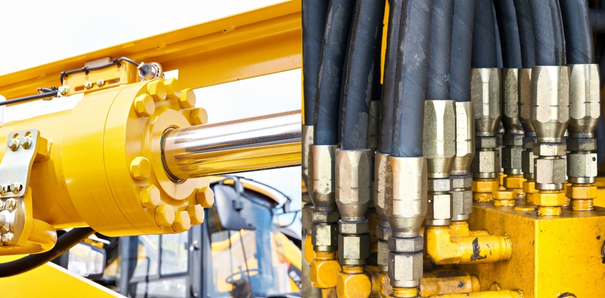
At RAIS Trident Technologies, we understand the importance of selecting the right hydraulic system for your project. When it comes to industrial automation, two systems stand out—hydraulics and pneumatics. Both rely on pressurized fluids to generate force and movement, but each excels in different areas. Let’s explore the key differences between hydraulic components and pneumatic systems and how to make the best choice for your application.